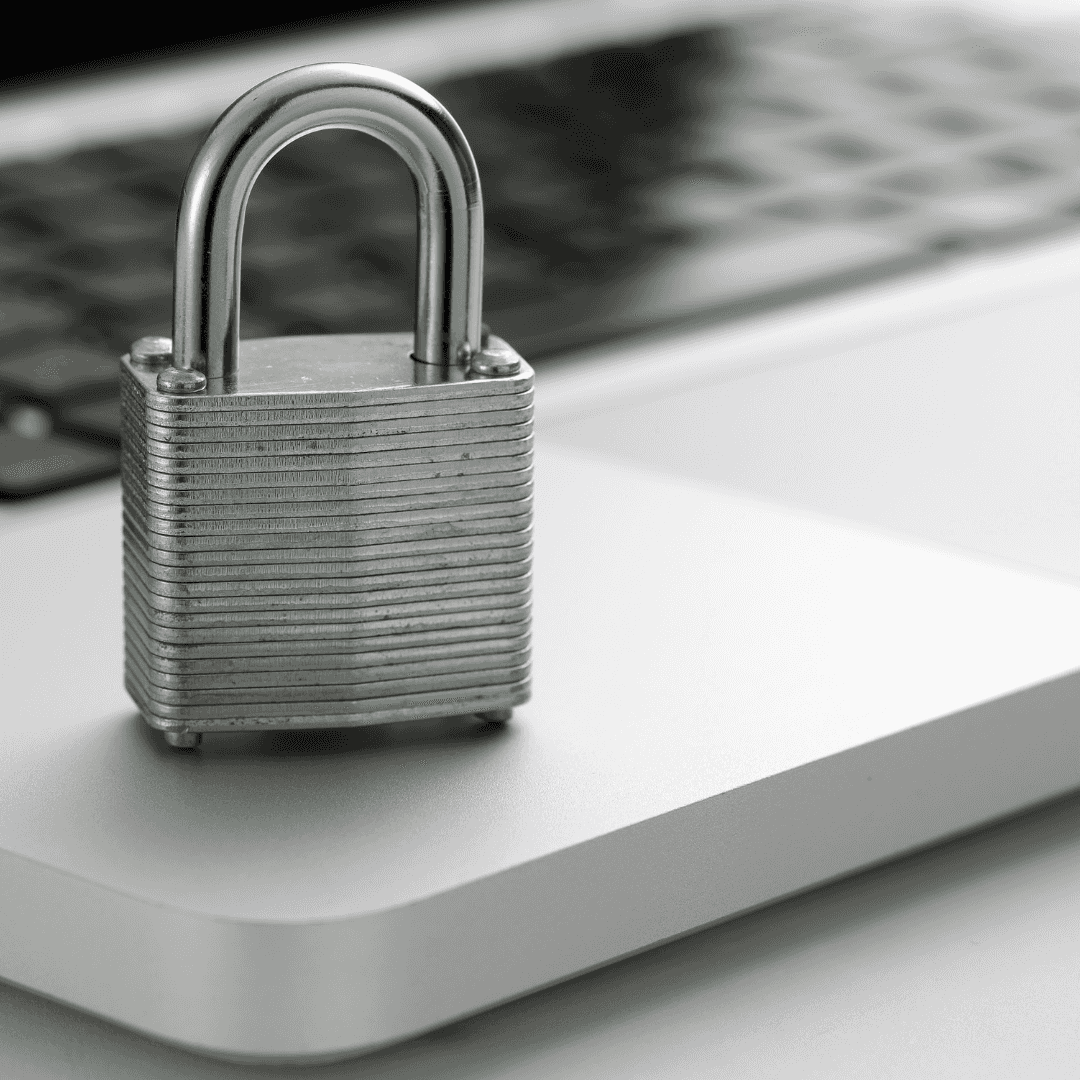
In today's interconnected world, where digital technologies pervade every aspect of our lives, the importance of data privacy and security cannot be overstated. As individuals and organizations increasingly rely on digital platforms to store and exchange personal and sensitive information, safeguarding data privacy and ensuring robust security measures have become imperative. This article delves into the definitions of data privacy and security, highlights real-life examples of recognized companies prioritizing these aspects, and examines the pros and cons, along with the dire consequences of neglecting data privacy and security in the digital age.
Defining Data Privacy and Security:
Data privacy refers to an individual's right to control the collection, usage, and disclosure of their personal information. It encompasses safeguarding sensitive data from unauthorized access, sharing, or misuse. On the other hand, data security involves implementing protective measures to safeguard data from unauthorized access, alteration, or destruction. It encompasses encryption, access controls, authentication mechanisms, and other security protocols.
The Importance of Using Data Privacy and Security:
Protection of Confidential Information: Data privacy and security measures play a crucial role in safeguarding confidential information. Whether it is personal data, financial records, or intellectual property, organizations need to ensure that sensitive information remains protected from unauthorized access, theft, or misuse. By implementing robust security measures, organizations can maintain the confidentiality of their data, preserving their competitive advantage and preventing potential harm.
Preserving Individual Rights: Data privacy is fundamentally tied to individual rights. In an age where personal information is collected extensively, it is essential to respect individuals' right to control the use and dissemination of their data. Respecting data privacy empowers individuals to make informed choices about their personal information and enhances their trust in digital platforms and services.
Mitigating Risks and Liabilities: Inadequate data privacy and security can expose organizations to significant risks and liabilities. A data breach can lead to financial losses, legal consequences, and reputational damage. By proactively implementing data privacy and security measures, organizations can mitigate these risks and demonstrate their commitment to protecting customer information, thus minimizing potential liabilities.
Strengthening Customer Trust and Loyalty: Privacy-conscious individuals are increasingly concerned about how their personal information is collected, used, and shared. By prioritizing data privacy and security, organizations can build trust with their customers. When customers feel that their personal information is being handled responsibly and securely, they are more likely to engage with the organization, share their data, and maintain long-term loyalty.
Ensuring Compliance with Regulations: Data privacy regulations have become more stringent worldwide. Organizations must comply with regulations such as the GDPR, CCPA, and others specific to their regions or industries. Adhering to these regulations is not only a legal requirement but also a demonstration of ethical conduct. By implementing robust data privacy and security measures, organizations can navigate the complex regulatory landscape and avoid potential fines and penalties.
Facilitating Global Data Sharing: With the increasing need for cross-border data transfers, data privacy and security play a vital role in enabling seamless and secure data sharing. Organizations that prioritize data privacy and security can establish secure frameworks for data exchange, thereby facilitating global collaborations, innovation, and economic growth.
Safeguarding Reputational Integrity: In today's digital landscape, reputation is everything. A single data breach or privacy violation can tarnish an organization's reputation irreparably. By investing in data privacy and security, organizations demonstrate their commitment to ethical conduct, responsible data handling, and customer-centric practices. This not only safeguards their reputation but also distinguishes them from competitors.
The Pros of Data Privacy and Security:
-
Protection of Personal Information: Data privacy and security measures ensure that personal information remains confidential, reducing the risk of identity theft, fraud, or unauthorized access.
-
Trust and Reputation: By prioritizing data privacy and security, organizations build trust with their customers, leading to enhanced brand reputation and customer loyalty.
-
Compliance with Regulations: Compliance with data protection regulations such as the General Data Protection Regulation (GDPR) and the California Consumer Privacy Act (CCPA) helps companies avoid legal and financial penalties.
The Cons of Data Privacy and Security:
-
Potential Limitations on Data Analysis: Stringent data privacy measures might hinder data analysis and research efforts, making it challenging to derive insights and develop innovative solutions.
-
Cost and Complexity: Implementing robust data privacy and security measures can be costly and complex, especially for smaller businesses with limited resources.
-
Balancing Privacy and Personalization: Striking the right balance between data privacy and personalized experiences can be challenging for companies that rely on user data for tailored services and targeted advertising.
Consequences of Neglecting Data Privacy and Security:
-
Data Breaches and Cyber Attacks: Inadequate data privacy and security measures increase the risk of data breaches, exposing sensitive information to malicious actors and potentially leading to financial losses, reputational damage, and legal consequences.
-
Loss of Customer Trust: A breach of data privacy erodes customer trust and confidence, leading to reputational damage and potential loss of business.
-
Regulatory and Legal Consequences: Failure to comply with data protection regulations can result in significant financial penalties and legal liabilities, damaging a company's financial stability and reputation.
Real-Life Examples of Recognized Companies with Data Privacy:
-
Apple: Apple has consistently demonstrated a commitment to data privacy by implementing features like end-to-end encryption for iMessage and FaceTime, limiting data collection, and providing users with control over their data through privacy settings.
-
Google: Despite being an advertising-driven company, Google has made efforts to enhance data privacy by offering privacy-focused features such as Privacy Sandbox, which aims to balance user privacy and targeted advertising.
-
Microsoft: Microsoft has invested heavily in data security and privacy across its suite of products and services. The company has established advanced security measures, such as multifactor authentication, encryption, and secure data centers, to protect user information.
Conclusion
In an era defined by data-driven decision-making and digital interactions, prioritizing data privacy and security is of paramount importance. By implementing robust measures, companies can protect personal information, build trust with their customers, and ensure compliance with evolving data protection regulations. Neglecting data privacy and security, on the other hand, exposes organizations to severe consequences such as data breaches, loss of customer trust, and legal ramifications. Therefore, investing in data privacy and security measures should be considered a vital component of any organization's digital strategy in the modern age.


